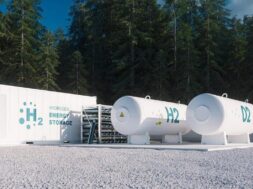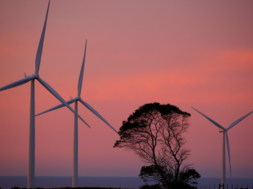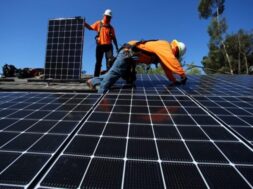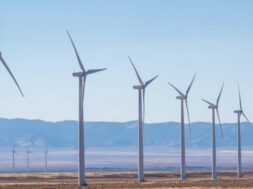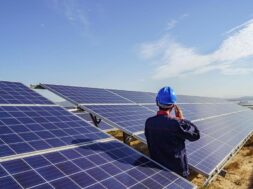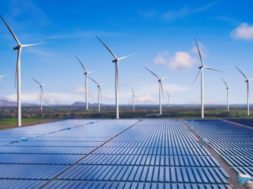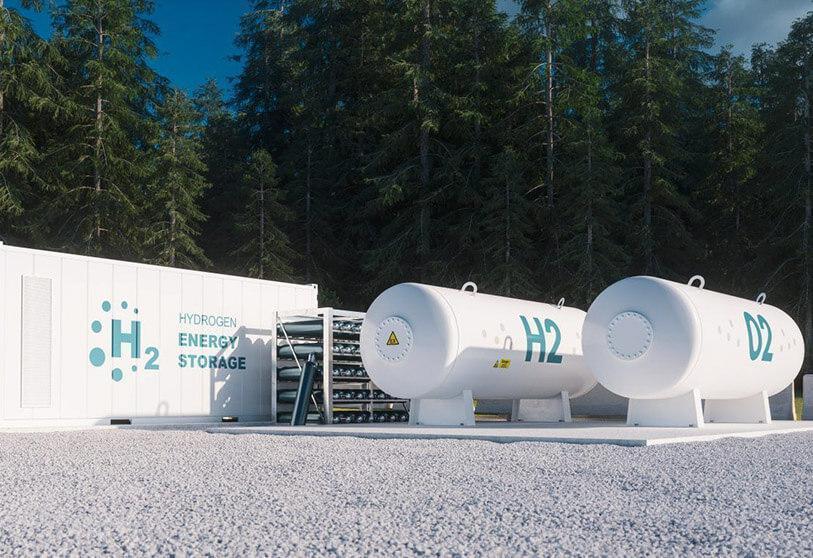
The Climate Finance Readiness Index report states that the Alawi kingdom is “leading the way” in this field
Morocco is the most resistant to climate risks in the Maghreb region. Rabat ranks number one on the list, which analyses countries’ fight against the climate threat and their efforts to collaborate in the proliferation of green energies. The Climate Finance Readiness Index report, published by Toronto-based Green For South (a consulting firm specialising in sustainability), ranks the country headed by Aziz Akhanouch as the most committed after studying the Middle East, North Africa and Turkey.
Morocco is “leading the way”. That is the message underlined by the report, which states that the Alawi kingdom leads the ranking thanks to “appropriate regulations and guidelines, an interesting volume of climate finance activity and effective outreach mechanisms”. One of the aspects highlighted in the report is the investment the Kingdom has made to combat climate change. They put the nationally determined contributions at 78 billion dirhams – just over seven billion euros.
These, referred to in the report as NDCs, refer to the amount earmarked for reducing national emissions and adapting to the effects of the climate threat. In addition, what is described as “voluntary” is assessed, where Morocco stands out from the rest of the countries, along with Tunisia, another of the countries that has obtained good results in this analysis. However, what penalised Morocco compared to Rabat was its lack of green bond issuance, despite having a significant volume of climate finance activity.
However, although this is almost all good news for Moroccans and Tunisians, Green For South advocates strengthening regulations and, preferably, making them mandatory, promoting green emissions and activating new awareness-raising and training initiatives. They believe that it is not only the task of governments to force compliance with emission standards, but also to raise awareness among citizens so that they themselves collaborate in the fight against climate change. In addition, “they must take into account their local specificities and support actors in implementing processes for measuring and managing impacts”
Of the 14 countries analysed, Algeria did not fare well. The country presided over by Abdelmajid Tebboune “does not have regulations in the financial sector to support climate action and climate finance activity is still limited”. In fact, Algeria is in the fourth group of the four into which this report has divided the region according to its work to combat climate risk. The latter group is completed by Iraq, Oman and Lebanon.
While many, such as Morocco, have worked quickly and effectively to mitigate the effects of climate change, the North African region is considered to be at an “early stage of climate finance”. For that reason, this report, which indicates trends and first steps in climate accountability in the Maghreb countries, still establishes that improvement is not only a possibility, but a trend that will soon be continued by the rest of the countries in the region, following Morocco’s lead.
